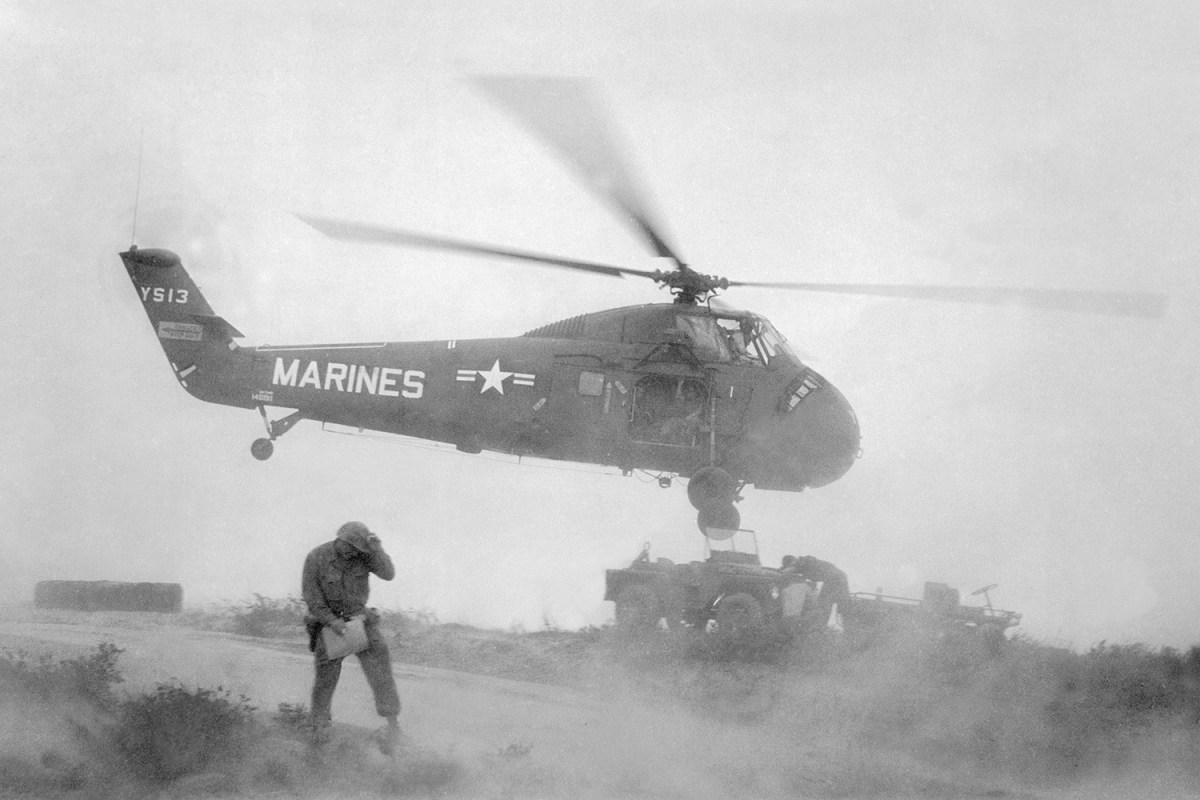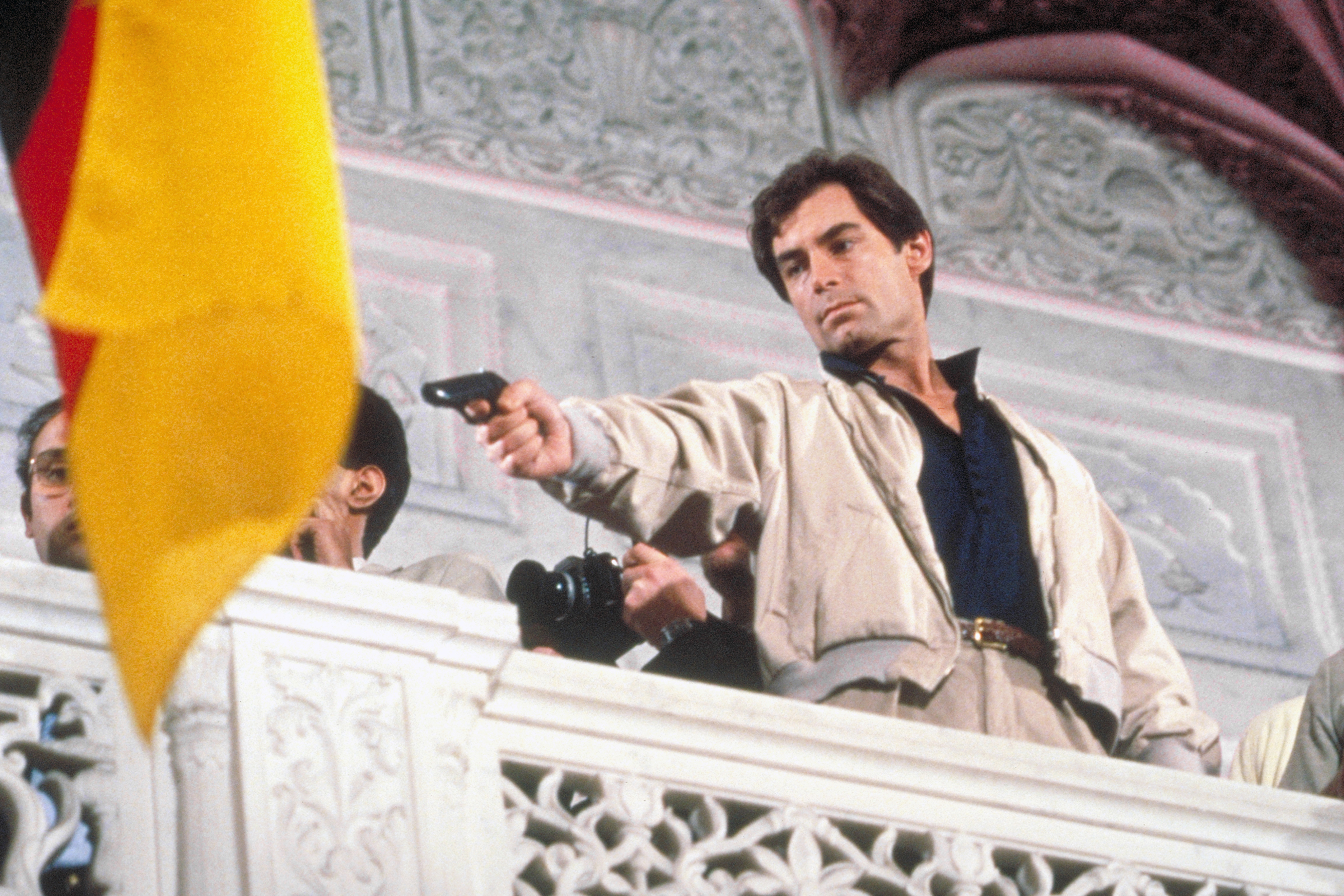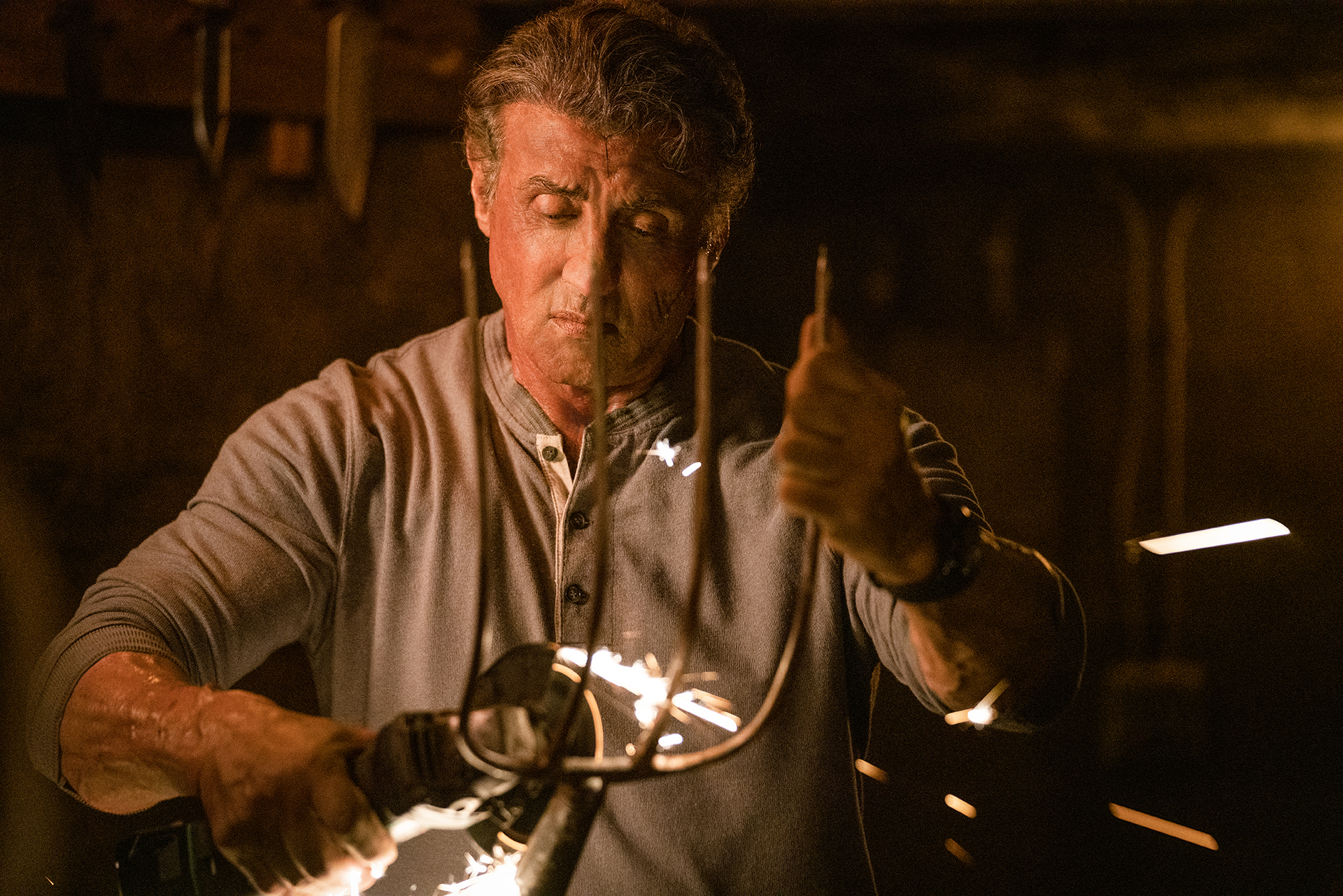Spend enough time reading about war and you’ll eventually come across a kind of shadow history beside the official record of battles and campaigns: how war correspondents described combat in their dispatches, and how those dispatches shaped public opinion of the ongoing conflict.
A new article by George Packer in The Atlantic focuses on the Vietnam War, and discusses how a trio of women changed the face of war correspondence. In the article, Packer explores Elizabeth Becker’s new book You Don’t Belong Here: How Three Women Rewrote the Story of War, which tells the story of journalists Frances FitzGerald, Catherine LeRoy and Kate Webb — hailing from the United States, France and Australia, respectively.
Packer makes a convincing case that FitzGerald’s writings had a dramatic effect on public opinion of the war. “It took a 20-something Radcliffe graduate with an appetite for French anthropology and immersive reporting to bring home the bad news that no officials and few journalists were telling Americans: The war was hopeless because the United States, ignorant of Vietnam, had taken over the colonialist role of the French,” he writes.
The article also points out that the Vietnam War offered women more journalistic opportunities than previous conflicts. Because the war was undeclared, Packer writes, the American government had less control over the journalists reporting on it.
Packer hails the legacy of all three women, and notes that they used very different methods to get their work done. And he makes a convincing point, that much like the nature of the Vietnam War allowed journalists like FitzGerald to find their own path, so have more recent conflicts in Iraq and Afghanistan sparked a new generation of female journalists to do insightful work on those wars. It can be useful to think about how you think of war, and what factors (and what writers) had a bearing on that.
Thanks for reading InsideHook. Sign up for our daily newsletter and be in the know.

















